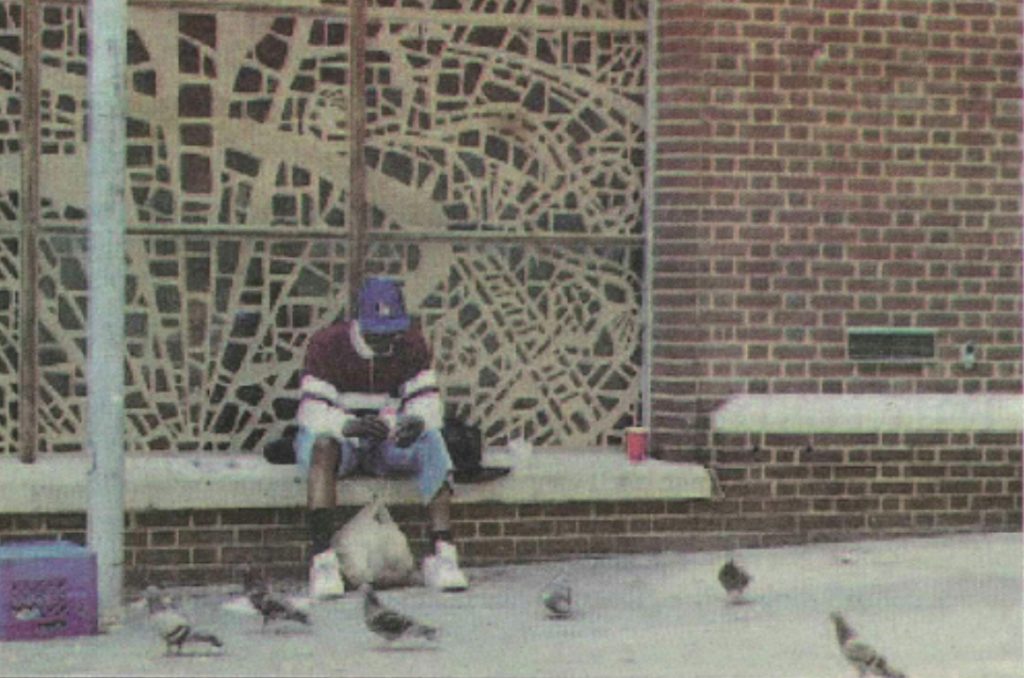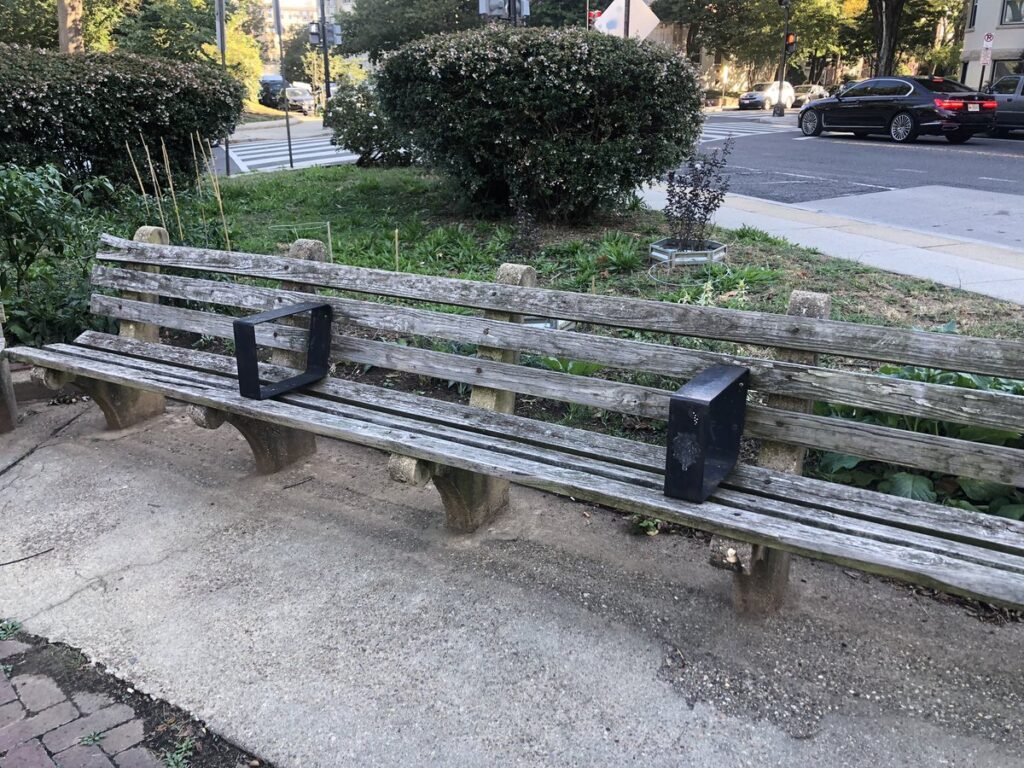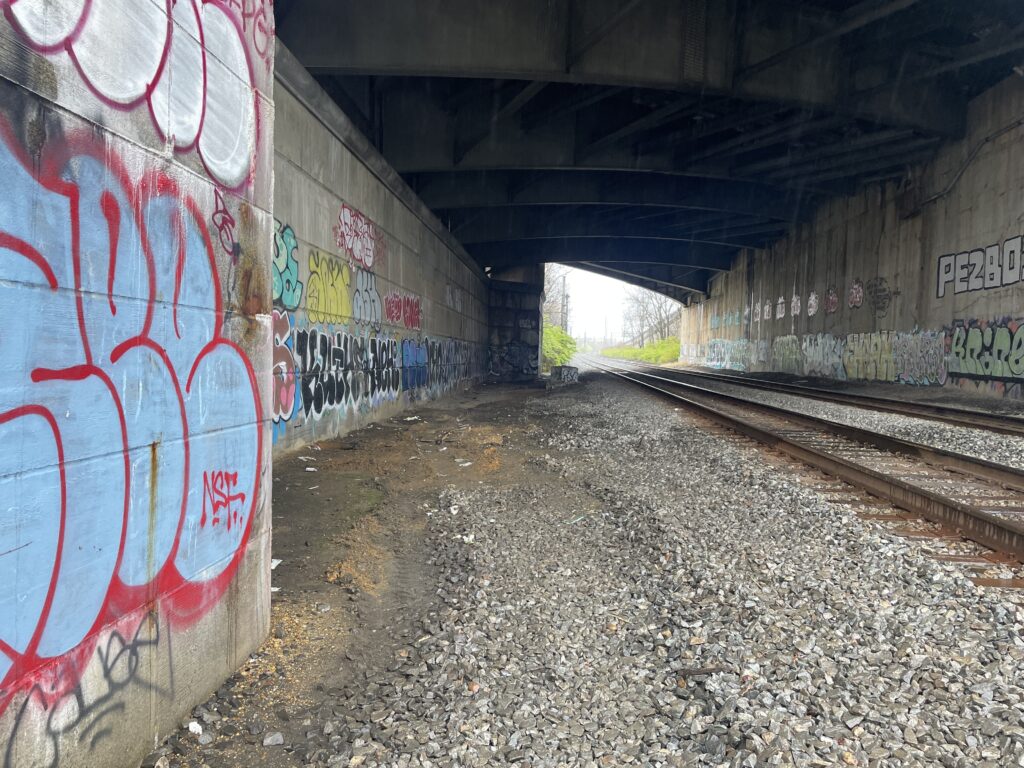What do most people do to cool down on Washington, D.C.’s hot, muggy days? Go to the mall? Jump into the pool? Grab an iced latte? Or just crank up the AC and stay indoors?
For many of the city’s homeless people, however, summer days bring logistical difficulties and health problems that can range from heat rash to heatstroke.
The general term for these heat-related problems is hyperthermia, which occurs when the body heats up faster than it can cool down. And although its counterpart, hypothermia, receives much more attention in the winter, when homeless people risk freezing to death, hyperthermia can have just as serious consequences for people living on the streets.
In fact, even though heat related illnesses are preventable, “Heat waves account for more deaths than all other natural disasters combined in the U.S.A,” according to a publication by the Boston Health Care for the Homeless Program. People who are most susceptible to heat related illnesses include the elderly, the poor, young children, those with chronic physical and mental illnesses, and those exposed to the elements.
Several factors increase the likelihood that homeless individuals may suffer from hyperthermia.
Among the challenges homeless people face is that they often unable to wear light-weight clothing or to eat lighter foods, said Mary Anna Luby, an outreach worker at the Washington Legal Clinic for the Homeless. And homeless people who spend their nights in emergency shelters find that the shelters close during the day and turn them out into the heat.
In addition, “many homeless individuals have compromised medical conditions” that increase the likelihood of suffering the effects of hyperthermia, Luby said.
David Harris, a Street Sense vendor and writer, agreed that homeless people have difficulty cooling off during the summer.
When he was homeless last summer, he often asked hot-dog and drink vendors for ice from their ice chests to help him cool down, Harris said. He also tried to find air-conditioned buildings whenever possible.
“Public libraries are a sanctuary for the homeless,” Harris said, because they usually allow anyone to sit inside, as long as they aren’t “causing a scene.”
Tommy Bennet, another Street Sense vendor, said he used to go into McDonald’s and ask for a courtesy cup of water.
“I’d say ‘I’m hot and thirsty,’ and most of the time they would give me a cup, but sometimes they would threaten to call the police if I didn’t leave,” Bennett said.
This summer, the D.C. government and several nonprofit agencies are working together to provide services to decrease the risk of hyperthermia among homeless people.
The D.C. Department of Human Services (DHS) has adopted “Summer Plan: Hyperthermia 2005,” which contains the objectives of offering “cooling center” locations and providing persons on the street with water 24 hours a day, said Debra Daniels, chief of DHS’ Office of Communications and Public Affairs.
DHS opens up five emergency cooling centers when the D.C. Emergency Management Agency (EMA) issues an alert indicating that the heat index has reached 95 degrees, Daniels said. In addition, all single-adult shelters then are opened and remain open for the duration of the alert.
At the same time, the United Planning Organization sends vans around the city to dispense water and to shuttle individuals suffering from heat-related illnesses to the cooling centers.
“We are all working together to ensure that homeless people are safe, have a place to go, and can cool off and receive water,” Daniels said.
A list of cooling centers is available on the EMA website, www.dcema.dc.gov. The website encourages people who need transportation to cooling centers to call the hyperthermia hotline at 202-399-7093 or 1-800-535-7252.








